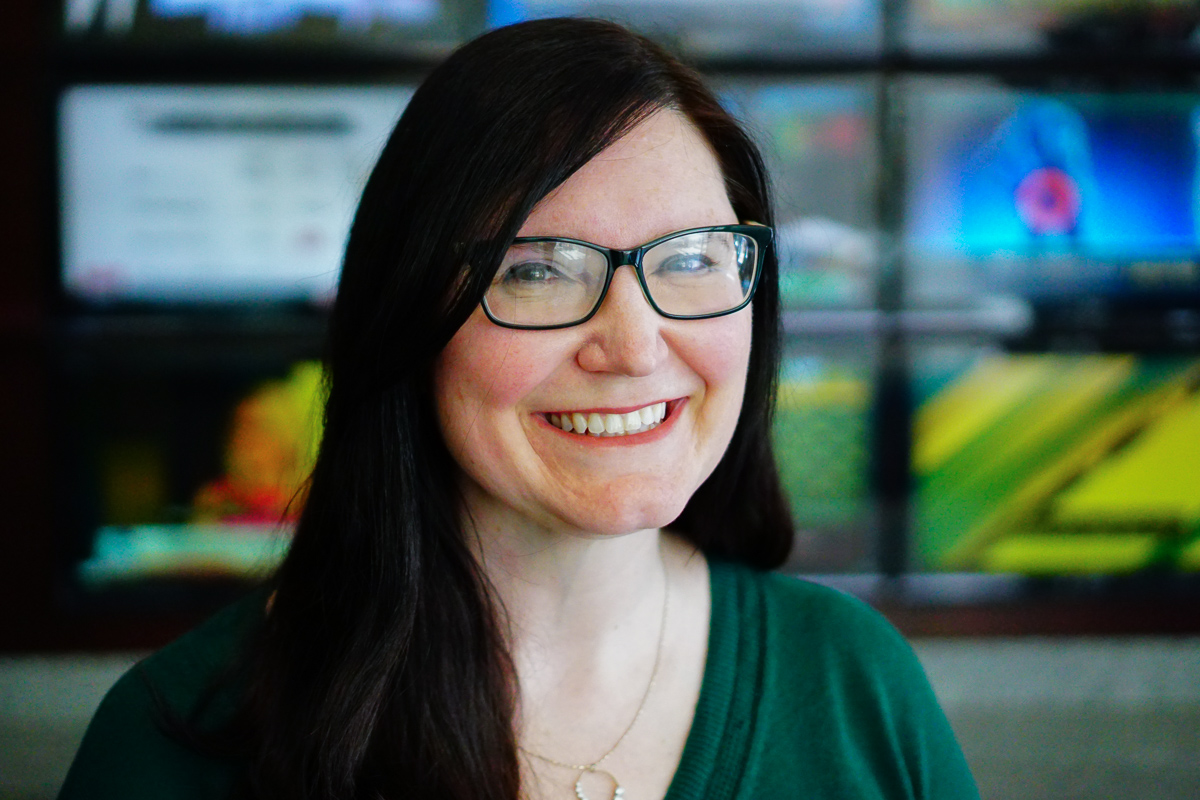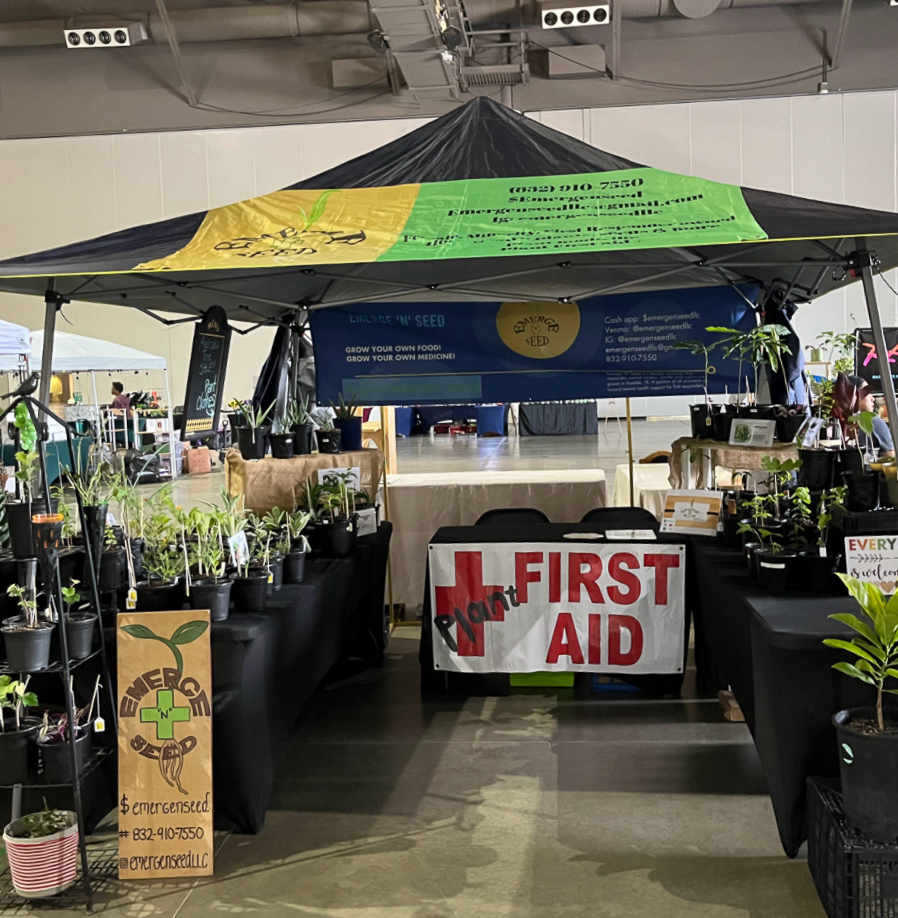Vulnerable science: The Radical Open Science Syndicate
The Radical Open Science Syndicate (ROSS) at Colorado State University (CSU) is taking a unique approach to freshwater science through open-source data, community partnerships, and an ethic of vulnerability.
The ROSS specializes in watershed ecosystem science, where they use large datasets to produce actionable insights that their partners can implement. One of the ROSS’s most important partnerships is with the Biogeochemistry Lab at Rocky Mountain Research Station (RMRS), which helps the ROSS collect and analyze stream chemistry for some of their key study watersheds.
Another exciting aspect of the ROSS’s work is the harmonization of water quality data (from partners like RMRS) with satellite imagery to help estimate water quality from satellites, which helps fill in data gaps. Critical to their open science mission, they keep all code open and accessible, providing publically available reproducible workflows for others to use their tools.
Along with being a leading voice in watershed ecosystem management, the ROSS wants to make science welcoming to everyone, with the goal that their work “fosters a better, just, equitable, diverse, and inclusive scientific community.”



















